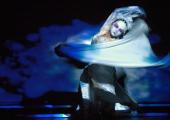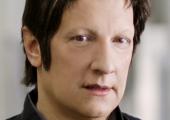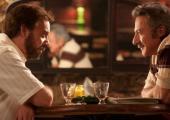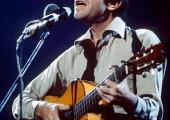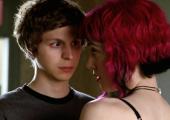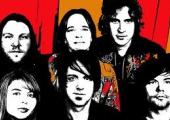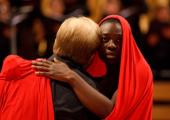Ron Sexsmith/ Jim White, Barbican
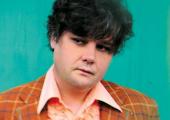
An evening of cult singer-songwriters delights audience
Two cult singers on the same bill. A stirring prospect in itself, but last night they were both also at watersheds in their careers. The headliner, Ron Sexsmith, was looking to cultivate a more mainstream audience. He’s had his moments over the years, such as when he was covered by Chris Martin, Rod Stewart and Curtis Stigers. But last night he seemed to want the fans to have another look at him. On one song he styled himself as a “late bloomer”, but he didn’t need to convince this crowd.

